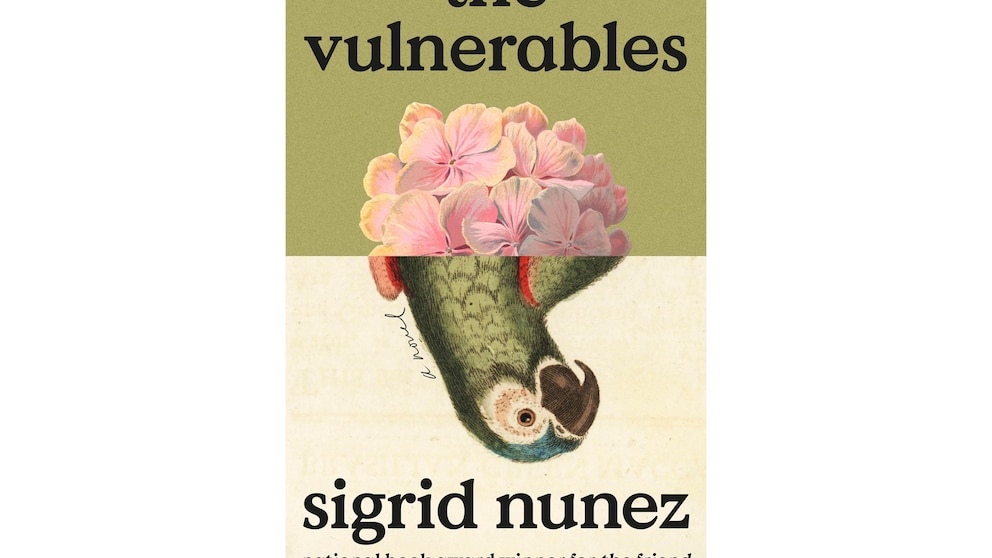
The flood of pandemic literature shows no sign of letting up. In the three-plus years since the COVID-19 lockdown, we have seen fiction from the likes of Gary Shteyngart, Elizabeth Strout and many others. Now Sigrid Nunez, author of “Sempre Susan: A Memoir of Susan Sontag” and the National Book Award-winning “The Friend,” has written a pandemic novel called “The Vulnerables.”
The title refers to the groups of people, including the elderly, considered at high risk of getting severely ill at the start of the pandemic in spring 2020. The unnamed narrator, a stand-in for the 72-year-old author, is among them.
In the publishing world “The Vulnerables” is classified as a novel but it more often reads like an elegant, funny essay about what it felt like to be stuck in New York City in the early days of the lockdown, when your wealthier friends fled to their country houses, leaving you alone with a bad case of writer’s block.
The narrator broods about the writing life even though she knows that “whenever I write something about writing or being a writer, I am annoying the hell out of some people.” Indeed, self-awareness is a great part of her charm. “For the writer,” she muses, “obsessive rumination is a must.”
About halfway through the book, Nunez stumbles on something like a plot: the narrator is asked to take care of a male parrot named Eureka for a couple stranded in California by the pandemic. The college student who had agreed to do it has fled the city, too, in a worrying display of Gen Z irresponsibility. Then he returns, in part because he missed the bird. “We’re bros, he explained, to make me feel even more left out.”
Initially antagonistic, they slowly form a bond over edibles, vegan ice cream and microdoses of psilocybin. I briefly wondered whether Nunez was heading into “Harold and Maude” territory, the 1971 movie about a troubled young man who falls in love with a much older woman.
But as a writer and academic thoroughly steeped in literary theory, Nunez knows that a conventional marriage plot is not an option in contemporary fiction, not “with the world on fire and its systems collapsing… with hope after hope turning out to have been merely false hope.” Plus, someone like her likely would have thought that he was not just too troubled but also too young. And so, their unlikely friendship becomes just one more oddball incident in this elegiac essay-novel.
___
AP book reviews: https://apnews.com/hub/book-reviews
